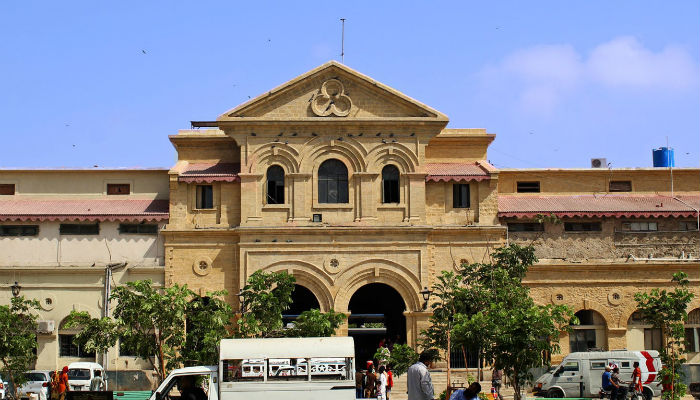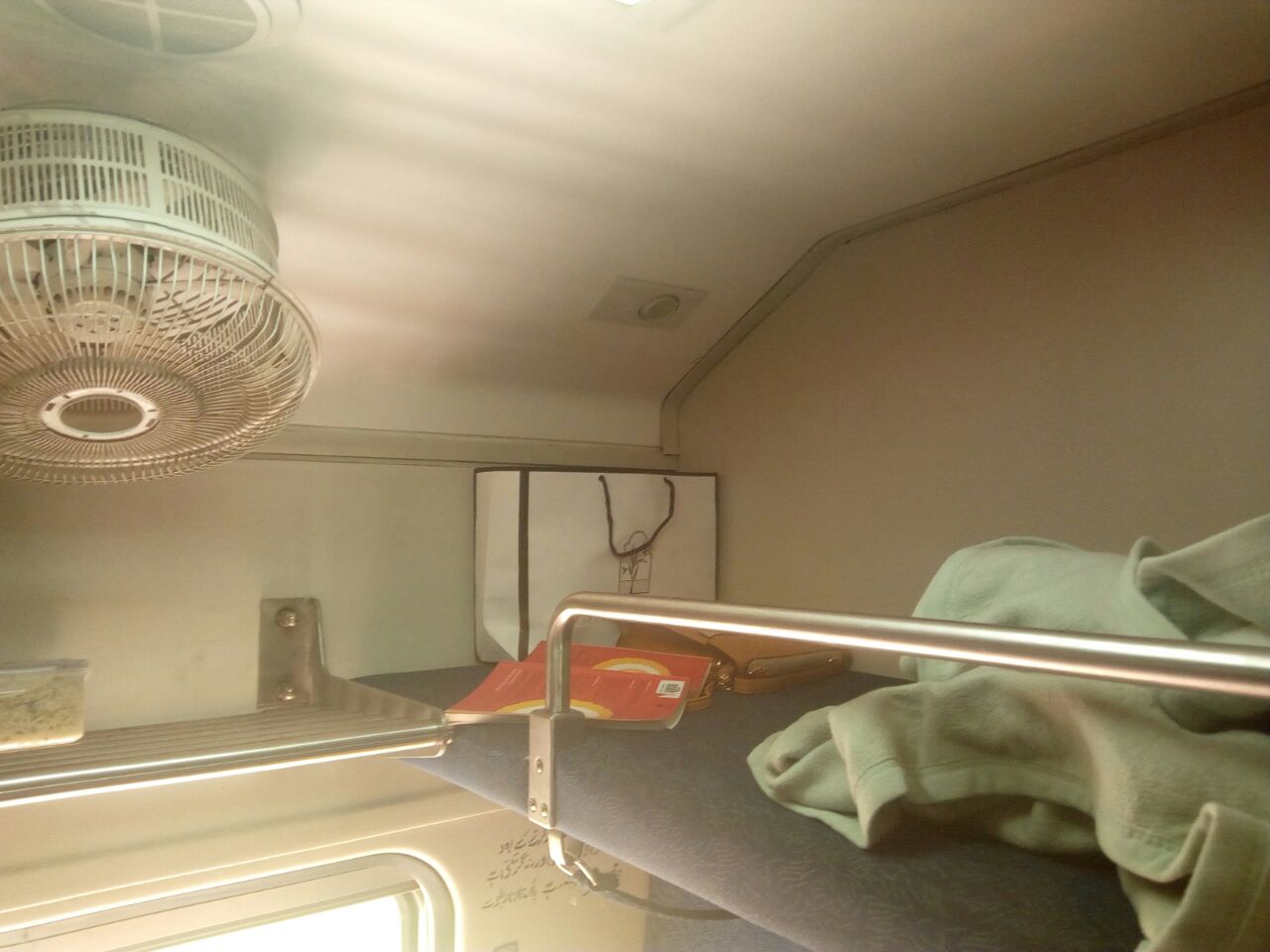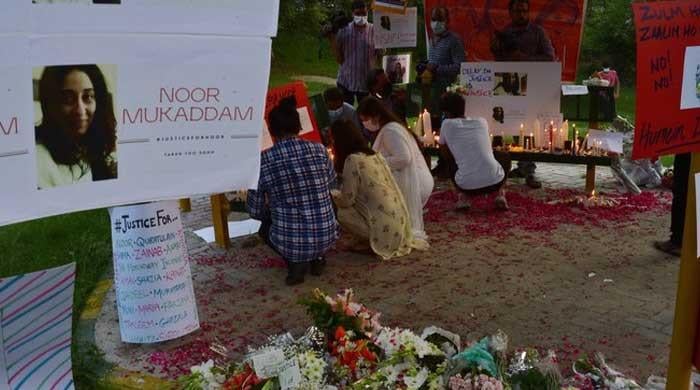From Karachi to Pindi in 'compartment 9'
Although the train was not as fast as its name (Tezgam), it was a comfortable ride
March 13, 2018

With new airlines popping up and an abundance of road vehicles available even for long-distance travels, the rail system could have been ignored, but thanks to reforms in this means of transport even today hundreds of thousands of people prefer to take trains for domestic journeys.
I was one of those lucky thousands who planned to take a train instead of a plane or bus to go to Rawalpindi from Karachi recently.
My decision was based on two premises: it was cheaper and would promise me a glimpse of places between Sindh and Punjab, the names of which I've only read in newspapers and books.
The ticket from Karachi Cantonment to Rawalpindi cost me Rs4,380 for an AC Sleeper class seat in Tezgam.
And so I boarded the compartment I was assigned.

I was excited to see new places, meet new people as these long journeys do not just take one from point A to point B but also give travellers a snapshot of ordinary life and a sense of where they are.
However, at the same time, I was apprehensive about spending 25 long hours sitting alone in a corner. I had a book with me but one cannot only sit and read through an entire day.
Nevertheless, me being alone was an assumption that was over only a few hours after the journey started.
The train, at least our compartment, was brimming with a collectivist spirit that has not extinguished from Pakistan.
Conversation was preordained in our compartment where space constraint left little privacy for an individual.
We had six bunks stacked on top of each other and just a few inches apart for six people. The six of us included three sisters, myself and two men.
The three sisters told me they had come to Karachi to attend an event at their brother's house and were returning to Rawalpindi.
One of the men was a resident of Karachi but belonged to Lahore where he was going to meet his ailing sister, while the other was en route to Multan for official work and belonged to Sukkur, Sindh.
The three sisters were more like our hosts in the compartment than travel partners.
As the sun set and hunger started calling, the sisters laid down dinner for all of us out of the packets of food they had brought for the journey. This saved me from needing to get off the train, something I was avoiding in fear of being left at the platform.
After finishing pulao, yoghurt and salad, we discussed who would sleep where. I generously offered to go up the top berth, but in my mind, I questioned myself on how will I will be able to climb the narrow space.
Thankfully, I didn't embarrass myself and managed to reach my sleeping spot.
Since I often comfortably doze off on rides I'm not driving, I was expecting a good sleep on a moving train and the same happened. The berth was comfortable while the air conditioner was set at the right temperature.
For those who worry about the condition of lavatories in trains, and for whom this factor becomes a deterrence in taking the rail route, I would like them to know that toilets on Tezgam were not spick and span but were in useable condition.
It was at least better than what I used nearly two decades ago on a Rawalpindi-Karachi train.
Not just the lavatory, but my expectation of the entire train journey was based on the experience I had back then, in an unclean compartment where even the fan was not working properly.
And it was that very rail ride which instilled in me the fear of being left at the platform, as I saw my father nearly missing the train when he had got off for a few minutes to pick something for me.
Nevertheless, the journey on this train from Karachi to Rawalpindi was not a deplorable ride.
Although the train was not as fast as its name (Tezgam), it was a comfortable vehicle, which moved smoothly and did not leave anyone on any platform.











